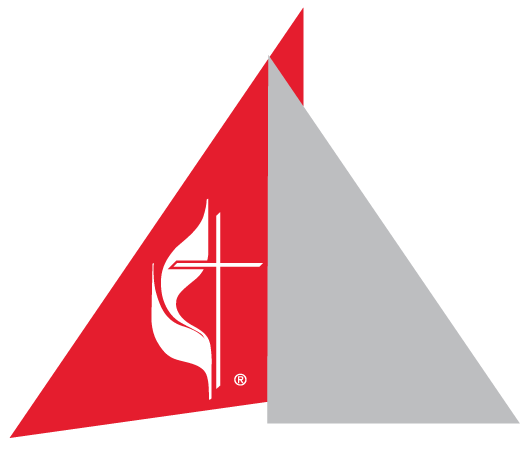Strangers, Neighbors and Sanctuary
In 2016, the United Methodist General Conference amended our nonbinding Book of Resolutions to include a Call to Action which calls upon UMC churches to “support those churches that prayerfully choose to offer sanctuary to undocumented migrants facing deportation”. Since Mountain View provides space for pre-school children ages 3-5, we are not in a position to bring anyone to stay overnight at our church. So what can we do? What should we do to show kindness to those in need?
Mountain View UMW (United Methodist Women) has a study group called Strangers as Neighbors. The Strangers as Neighbors UMW Study Group researches and discusses just such questions. We meet once a month and are open to all viewpoints and perspectives.
Sanctuary is one of the most ancient traditions that we have as a people of faith. The ancient Jews allowed temples to declare themselves places of refuge for persons accused of a crime, a practice that allowed those wrongfully accused to escape swift and harsh retribution until the matter could be resolved.
As in the old west, some citizens jump on their horses (a posse) and go after someone who they believe is guilty of a crime. Too often, the posse did not include law enforcement, so the person they were chasing might head to a church to wait for the U.S. Marshall. The person in the church was escaping “swift and harsh retribution” which was outside the law. The individual used the safety of a sacred space to wait for the law enforcement community to come so that they could get justice from a process, not a posse. The individual as well as community members were better off after waiting for the judicial system to make a thoughtful decision. That’s “Sanctuary”.
In the U.S., sanctuary also occurred during the Civil War. It was called the Underground Railroad. Slaves who were attempting to escape the harsh “justice” of land-owners, would use the Underground Railroad. They needed time for the unjust laws of the country to be changed, so they used the sanctuary of various locations along the Underground Railroad to wait for the unjust laws to be updated.
These are two examples of the long history of sanctuary in our country. The modern-day use of sanctuary brings up many interesting questions: As people of faith, what is our moral responsibility to our immigrant neighbors? How can we best advocate for people in need, whether they be citizens or foreign-born? What can we do to support other United Methodist churches who have chosen to be a place of refuge for people seeking justice? How do our current laws and their enforcement/or lack thereof contribute to a permanent underclass in American society?
As we study the modern-day issues around immigration, these are types of questions that the Strangers as Neighbors UMW Study Group is working to answer. We meet once a month, and you are welcome to join us. Contact Jean Bowen at jeanmbowen@hotmail.com for details.

